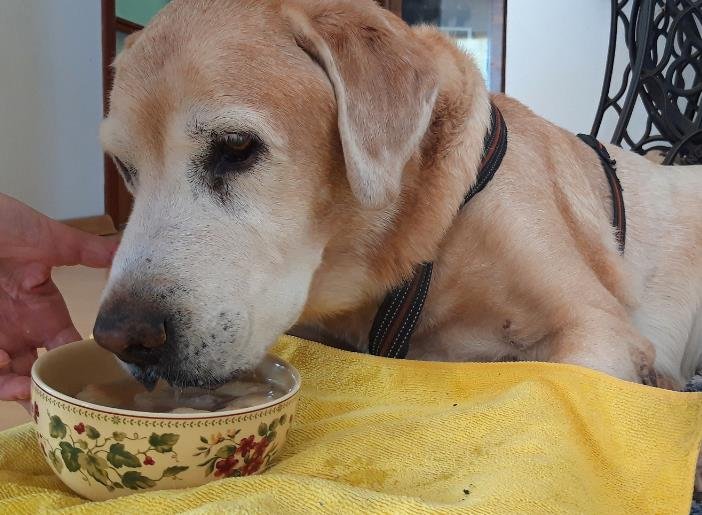Sea moss, also known as Irish moss, can be a nutritious addition to a dog’s diet when given in moderation. This guide explores the potential benefits and risks of feeding sea moss to dogs.
## What is Sea Moss?
Sea moss (Chondrus crispus) is a type of red algae rich in essential nutrients, including:
– Vitamins: A, C, E, K, and B vitamins
– Minerals: Iodine, iron, calcium, magnesium, potassium, and zinc
– Antioxidants
## Potential Benefits for Dogs
1. Improved digestion due to dietary fiber content
2. Enhanced immune function from vitamins and antioxidants
3. Healthier skin and coat from essential nutrients
4. Support for thyroid function due to iodine content
## Risks and Considerations
1. High iodine content may affect thyroid function if consumed in large quantities
2. Possible allergic reactions or gastrointestinal issues in some dogs
3. Risk of overconsumption leading to nutrient imbalances
## Safe Introduction to a Dog’s Diet
1. Consult with a veterinarian before adding sea moss to your dog’s diet
2. Start with small amounts and gradually increase
3. Monitor for any adverse reactions
### Recommended Daily Serving Sizes:
– Small dogs (under 20 lbs): 1/4 to 1/2 teaspoon of sea moss gel
– Medium dogs (20-50 lbs): 1/2 to 1 teaspoon of sea moss gel
– Large dogs (over 50 lbs): 1 to 2 teaspoons of sea moss gel
## How to Incorporate Sea Moss
– Mix sea moss gel with regular dog food
– Add to homemade dog treats
– Blend with water as a drink supplement
## Alternative Supplements
Consider these alternatives, each with its own benefits and drawbacks:
– Kelp: Similar to sea moss, high in iodine
– Spirulina: High in protein and antioxidants
– Chlorella: Known for detoxifying properties

## Conclusion
While sea moss can offer health benefits for dogs, it should be given in moderation and under veterinary guidance. Always prioritize a balanced diet and monitor your dog’s response to any new supplement.
## FAQs
1. Can puppies eat sea moss?
– Yes, in very small amounts, but consult a vet first.
2. How often can I feed my dog sea moss?
– A few times a week, depending on size and health needs.
3. What signs indicate a poor reaction to sea moss?
– Watch for itching, skin rashes, vomiting, and diarrhea.
Remember, every dog is unique. What works for one may not work for another. Always consult with a veterinarian for personalized advice on your dog’s diet and nutrition.




